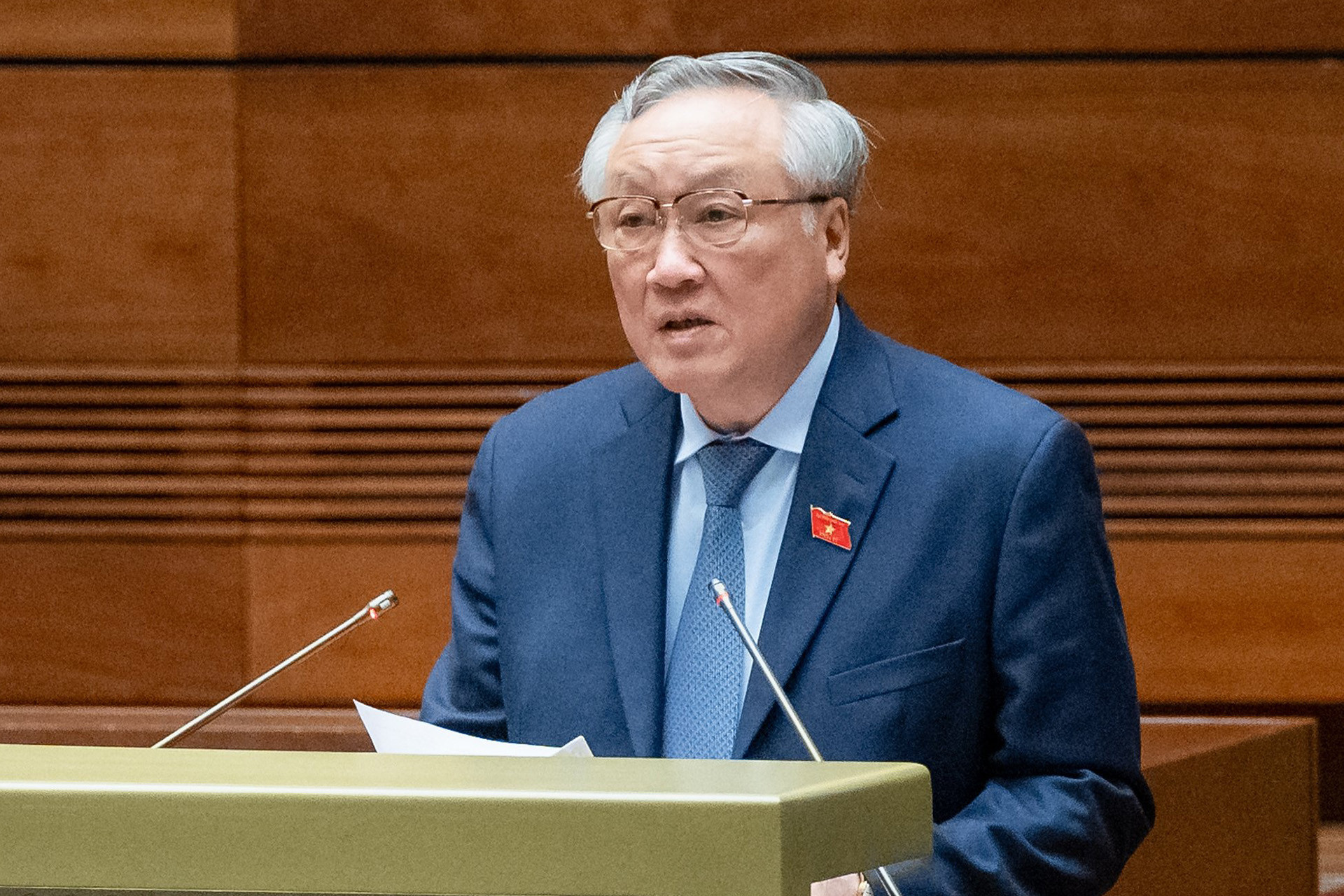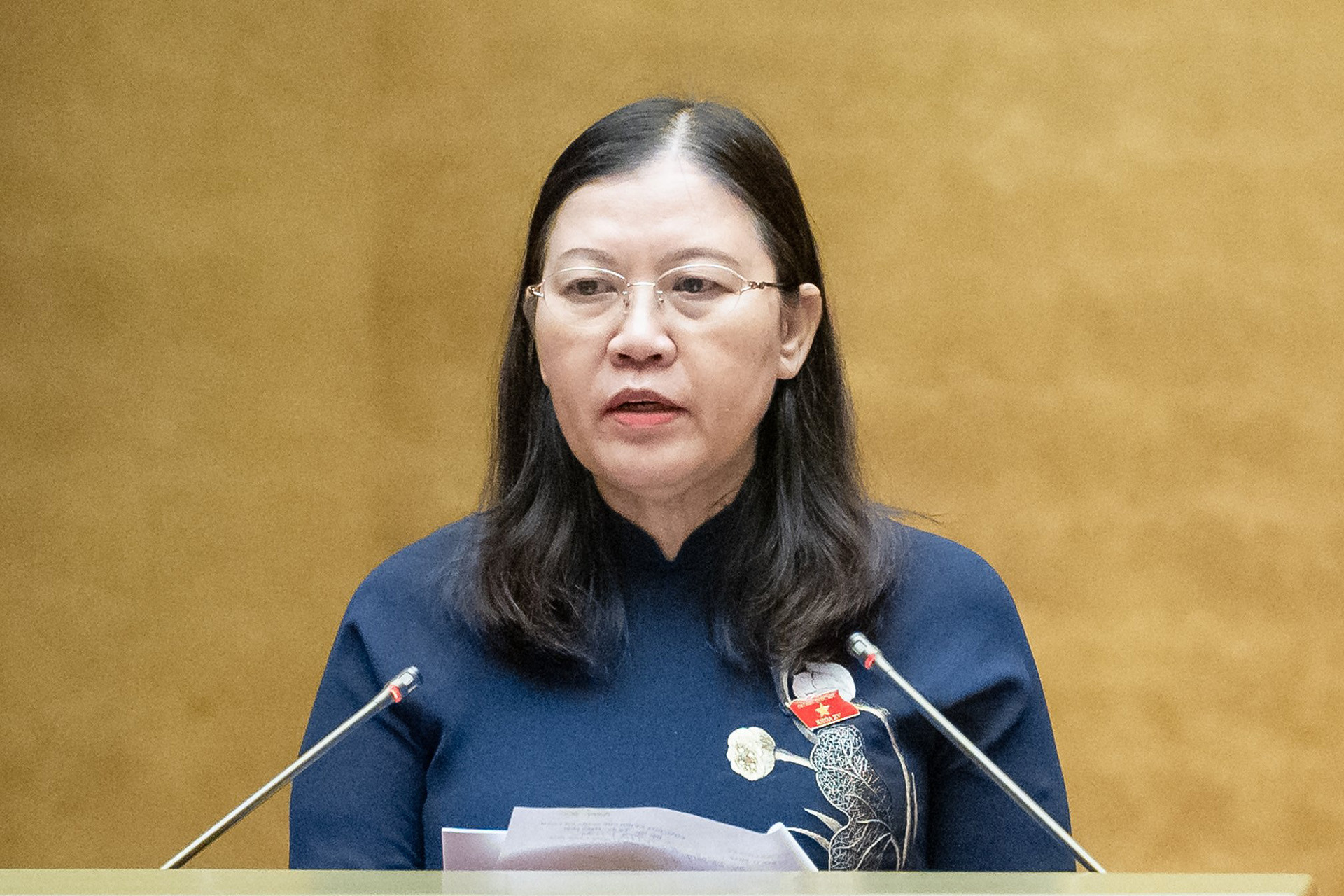On the afternoon of June 6, the National Assembly heard a presentation and verification report on the draft Juvenile Justice Law.
Chief Justice of the Supreme People’s Court, Nguyen Hoa Binh, explained that the draft law maintains the current penalty system but prohibits life imprisonment and the death penalty for juveniles. It proposes reducing prison sentences for juveniles based on specific circumstances.

The draft also introduces a warning penalty, reduces probation periods to a maximum of three years, and expands the scope for juveniles to be fined with penalties not exceeding one-third of the amount stipulated for adults.
The draft law stipulates that juveniles must not be detained with adults and should be held in separate facilities. Correctional officers must be trained in juvenile psychology or have experience handling cases involving minors.

Regarding maximum sentences, two viewpoints emerged:
Support for Reduced Sentences: Juveniles aged 16 to under 18: Maximum of 15 years in prison; Juveniles aged 14 to under 16: Maximum of 9 years in prison; Exceptions include severe crimes such as murder, rape, or drug-related offenses.
No Reduction: Maintain current sentencing guidelines.
Chairwoman of the Justice Committee, Le Thi Nga, emphasized that the four penalties for juveniles (warnings, fines, non-custodial reform, and fixed-term imprisonment) align with international practices.
She supported the draft’s provision for separate juvenile detention to minimize the negative impacts of being held with adult inmates.
The draft law proposes that criminal cases involving juveniles and adults be separated for independent resolution.

Juvenile-related cases will be handled in friendly courtrooms, ensuring the privacy of their actions and forbidding public disclosure. Measures such as handcuffing or other restraints will not be used during trials.
This approach aims to uphold United Nations guidelines for protecting juveniles deprived of liberty, emphasizing their right to education and reducing the adverse effects of incarceration.
Although initial implementation may require additional investment, the long-term benefits for juveniles outweigh the costs.